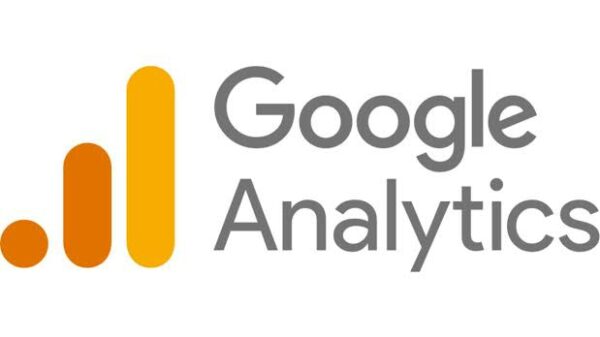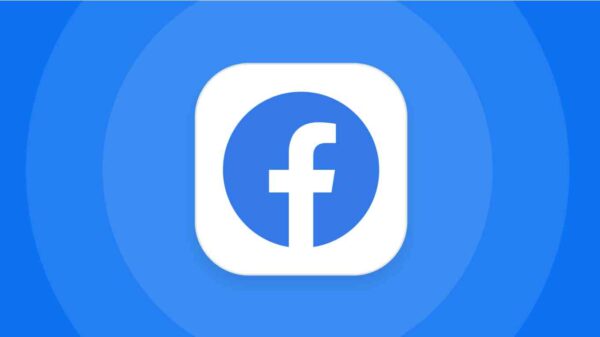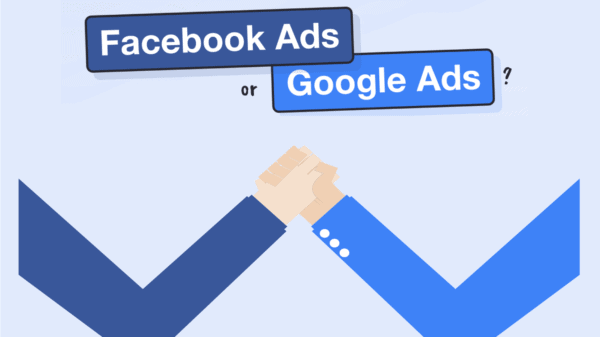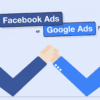An ever increasing number of online users is shaping a symbiotic relationship between news publishers and technology companies. Both have the same needs: Increasing traffic, revenue, and audience engagement. And both are indispensable for each other. According to Carlo D’Asaro Biondo, who heads Google’s strategic relationships in Europe, technology firms and news organizations are part of the same ‘information ecosystem’. Accepting the need to evolve with each other’s help, technology giants are busy tying up with news publishers. Does this point toward a new trend in the online world?
Digital News Initiative: Google’s Partnership with European Publishers
Google has been using content from news publishers for long, amidst their complaints about the impact of Google’s use of their content. In April this year, the search engine giant announced the Digital News Initiative, and extended a friendly hand towards European news publishers. Through the initiative, Google has cemented a partnership with eight European publishers. Though the announcement was made this April, efforts to rope in the publishers had started last summer.
The Guardian, Financial Times, El Pais in Spain, Les Echos in France, La Stampa in Italy, NRC Media in Netherlands, and Die Zeit and Faz in Germany are among the first publishers to partner with Google in Europe.
What Does Google have to offer to these publishers?
- Product development with focus on apps, data, ads, video, and paid-for journalism
- Innovation fund worth €150 million over a span of three years
- Additional training and research to increase traffic, revenue, and audience engagement
Google has urged other global publishers to join the initiative. However, though positive, publishers are eyeing the partnership cautiously.
Facebook Launches “Instant Articles”
Facebook’s new tool for publishers will allow them to publish articles directly to the social network’s mobile news feeds. The social media giant has tied up with nine publishers: The Atlantic, The Guardian, NBC, The New York Times, National Geographic, BuzzFeed, BBC, Bild, and Spiegel, to start its latest tool, rolled out last month.
How are Instant Articles Different from Regular Posts?
- The Instant Articles will load faster than the average 8-second duration taken by posts currently.
- Users will be able to like or comment on specific parts of an Instant Article.
- Users can listen to audio captions, add interactive maps, and watch auto-play videos while scrolling through Instant Articles.
What Does Facebook Offer to the Publishers?
- Publishers will have control over their stories.
- Publishers will have the option of selling ads in their articles or using Facebook’s Audience Network to monetize their unsold inventory.
- Publishers can track traffic and data through various analytical tools.
The relationship between media companies and technology firms is not entirely new though. AOL and Yahoo! have been syndicating content from some publishers for quite some time. Media companies such as Dow Jones and Conde Nast have been using Amazon Web Services division to distribute their content. Snapchat has tied up with news publishers to publish their videos and articles directly on its messaging app, Discover. With technology companies focusing on content, the partnership between them and media companies is likely for the long haul.
Pushpanjali Roy is a writer with interest in technology and media domain. She closely follows the latest trends defining the technology sector, with a focus on current apps and features introduced by technology companies.

3 Comments
Leave a Reply
Cancel reply
Leave a Reply
This site uses Akismet to reduce spam. Learn how your comment data is processed.


























































































































































































Pradhnya
June 22, 2015 at 6:46 am
Insightful article!
Pushpanjali Roy
June 23, 2015 at 7:30 am
Thank you Pradhnya 🙂
Pushpanjali Roy
June 23, 2015 at 8:17 am
With Google’s latest update in core search algorithm, news related content is getting higher ranking on search engine. No wonder that Google is honoring its commitment to the news publishers and inviting other news agencies to tie up.